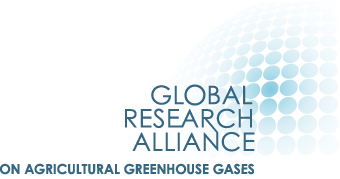This study presents a meta-analysis of CH4 database emission factors (EFs) from 36 field sites across Vietnam. The analysis for calculating baseline EFs follows Intergovernmental Panel on Climate Change (IPCC) Tier 2 methodology.
The analysis suggests that season-based EFs are more useful than zone-based EFs. These average EFs indicate an enormous variability of GHG emissions in Vietnamese rice production and represent much higher values than the IPCC default. Seasonal EFs from Vietnam exceeded IPCC defaults given for Southeast Asia.
This study compiled a comprehensive database of methane emissions from lowland rice production in Vietnam. The authors found a significant variation of rice emissions across seasons and landscapes. Therefore, it is advantageous for EFs to be determined for cropping seasons and systems separately instead of one annual EF for the whole country.
The variation in Vietnam’s climate and soil conditions means that GHG measurements could be taken across regions and seasons to establish a more representative database. More emission data are needed to calculate baseline emissions and quantify mitigation potentials of different management practices across regions and seasons. These emission factors will be used in Vietnam’s nationally determined contributions to the Paris agreement in their second update.
Vo TBT, Wassmann R, Mai VT, et al. 2020. Methane Emission Factors from Vietnamese Rice Production: Pooling Data of 36 Field Sites for Meta-Analysis. Climate

